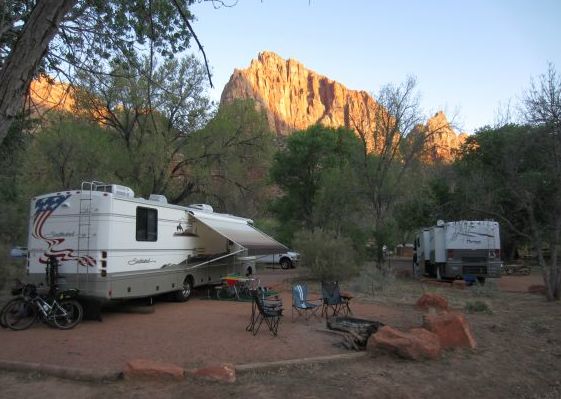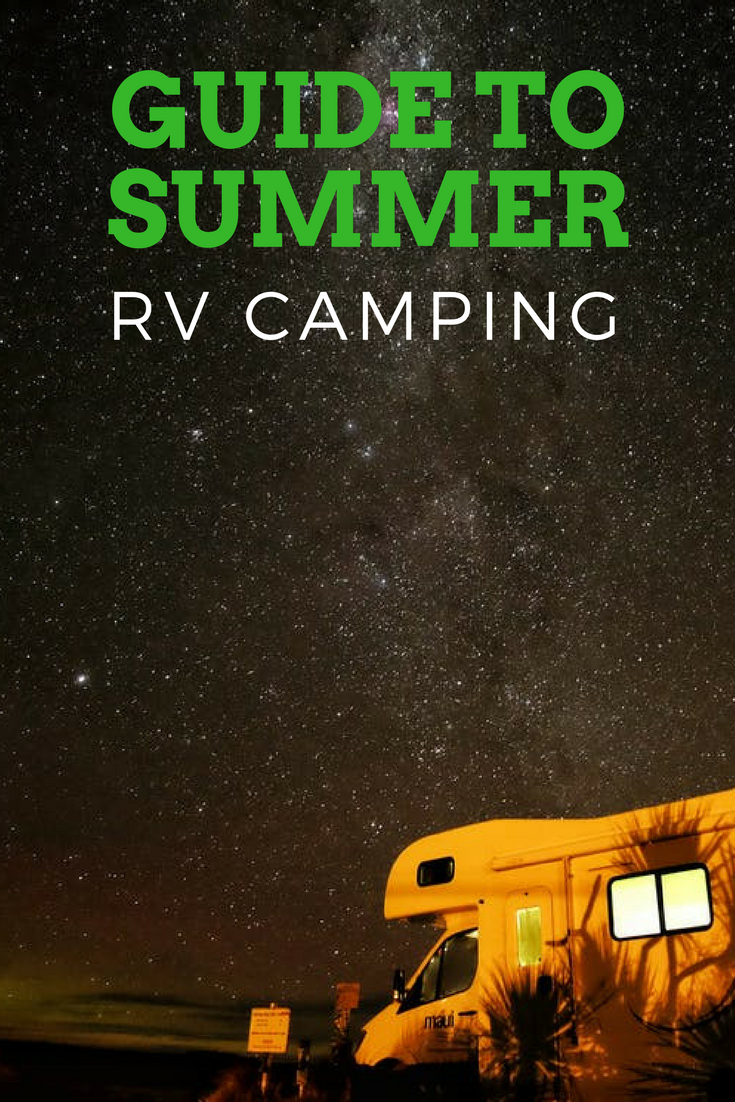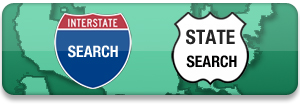So many people are taking to the roadways to travel right now. With COVID cases rising not just in the U.S. but throughout the world, many people don’t want to hop on planes like they once did. Thinking of buying an RV? Read this first!

The safety of a long car drive is probably pretty compelling if you don’t want to be in crowded places with other people, and particularly on a plane or even in a hotel. You might then think you’re going to drive anyway; why not do so in an RV?
Traveling in an RV is the perfect socially distancing means of traveling with your family.
If you’ve never traveled by RV before, should you rent or should you buy? Even if you have traveled by RV before, but you think you might like to do it again more in the future, is renting or buying better?
Rent First If You’ve Never Traveled by RV
If you’ve never been in an RV, the best advice is to rent one first.
Traveling by RV can be something that people love. Once they do it, they’re hooked, and they don’t envision every doing it differently.
At the same time, there are people who romanticize the idea of RV travel, and then when they do it, it doesn’t mean their expectations.
You certainly don’t want to have started the process of buying an RV just to discover you don’t like it.
There’s a lot of work that goes into traveling by RV, which many people underestimate.
If you haven’t traveled by an RV before, luckily, there are rental sites that operate similarly to Airbnb that make it easy to try it out. Go for a short trip initially, because again, there are likely to be many unexpected things that come up that you may or may not like.
Along with generally getting a feel for it, specific benefits of renting an RV before buying include:
- You can figure out the configuration you like best. For example, some people like having a kitchen that faces the door, while other people want their sofa facing the door.
- You get to drive an RV and understand more about how they handle.
- You can start to get a hands-on understanding of how RVs work.
How Much Does it Cost to Rent an RV?
Of course renting is not an investment the way buying an RV is, but if you already know that you like traveling this way and you’re regularly renting, the costs can add up quickly.
An RV rental price can depend on a lot of factors but is usually on par with staying in a moderately-priced hotel.
For example, it can be $100 up to several hundred dollars a night.
There might also be a lot of extras added on, depending on where you rent from. Extra costs may include extra mile surcharges, and of course you have to pay for gas.
Maintenance
If you buy an RV, you have to think about the initial costs of making any big purchase.
Then, you need to factor in everything else that goes with ownership, such as maintenance costs.
If You Buy, You Can Rent It Out
In contrast to some of the downsides of buying an RV, there are pros. If you buy an RV, it might be a lucrative investment. Just like you could be considering renting, many other people are as well. When you’re not using your RV, you can rent it out and make some money that will help cover the costs of ownership.
What to Know About Renting an RV
If you do decide to rent an RV, what should you know in general?
First, renting an RV can be a bit intimidating for a first-timer, so take as many of the unknowns out of it as you can.
For example, plan your route, budget, and activities you’re interested in along the way.
Make sure you’re familiar with the types of available RVs so that you pick one that’s going to suit your needs. You need to think about space, and just because you see an RV listing that says it will sleep six, for example, it doesn’t mean this will be comfortable.
You also need to learn more about the types of campgrounds available and what hookups and amenities they have.
Overall, if you have no or very limited RV experience, the best recommendation is probably to give yourself at least a few chances to get to know what it’s like with a rental.
- Achieve your RV-ownership dreams with information from The Home Loan Expert
- Questions to ask before buying travel insurance
- How to finance an RV









